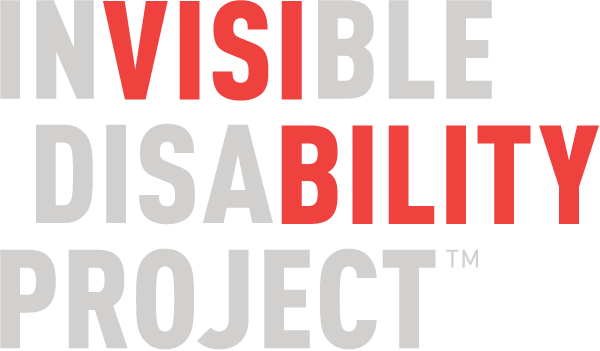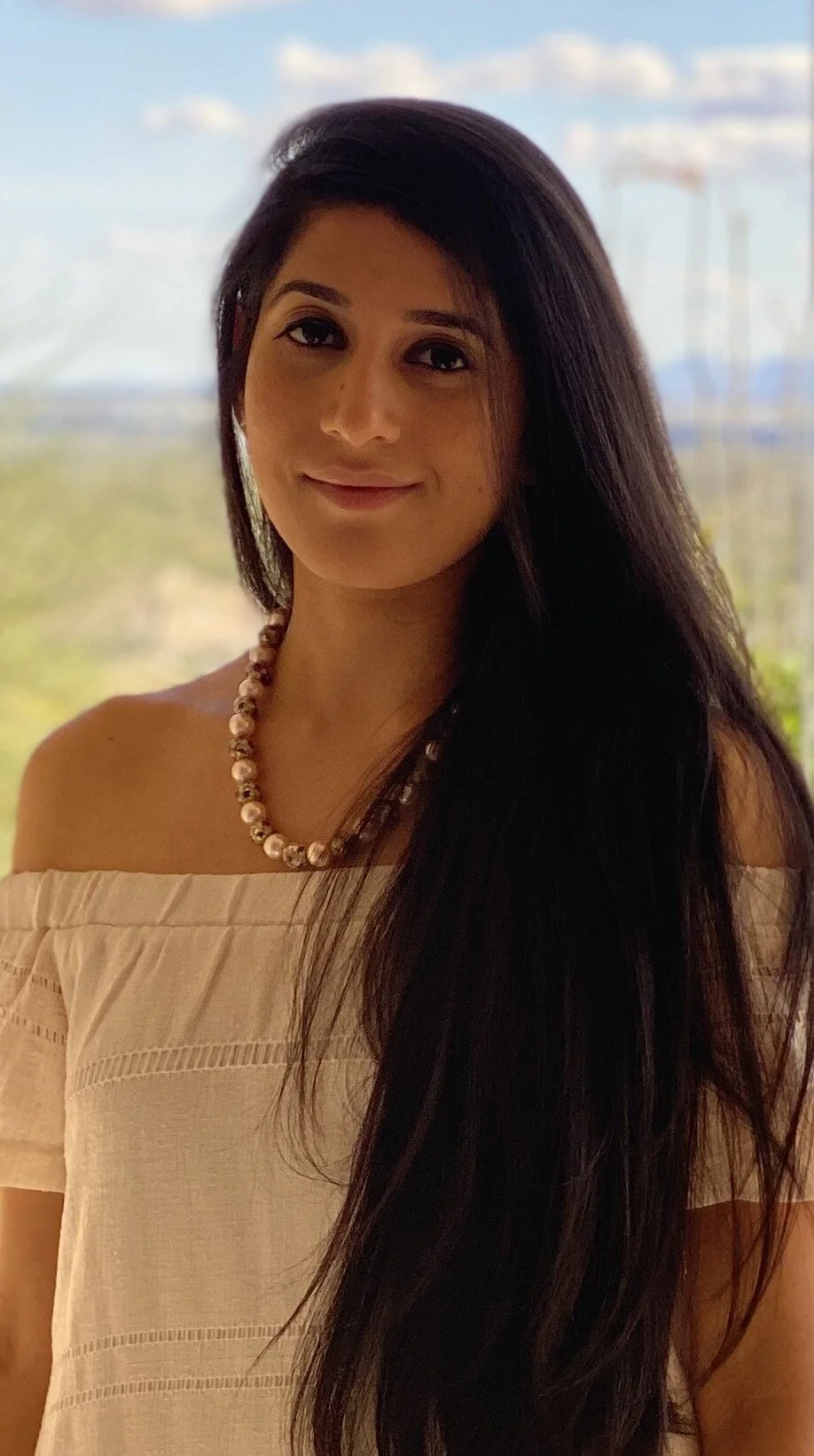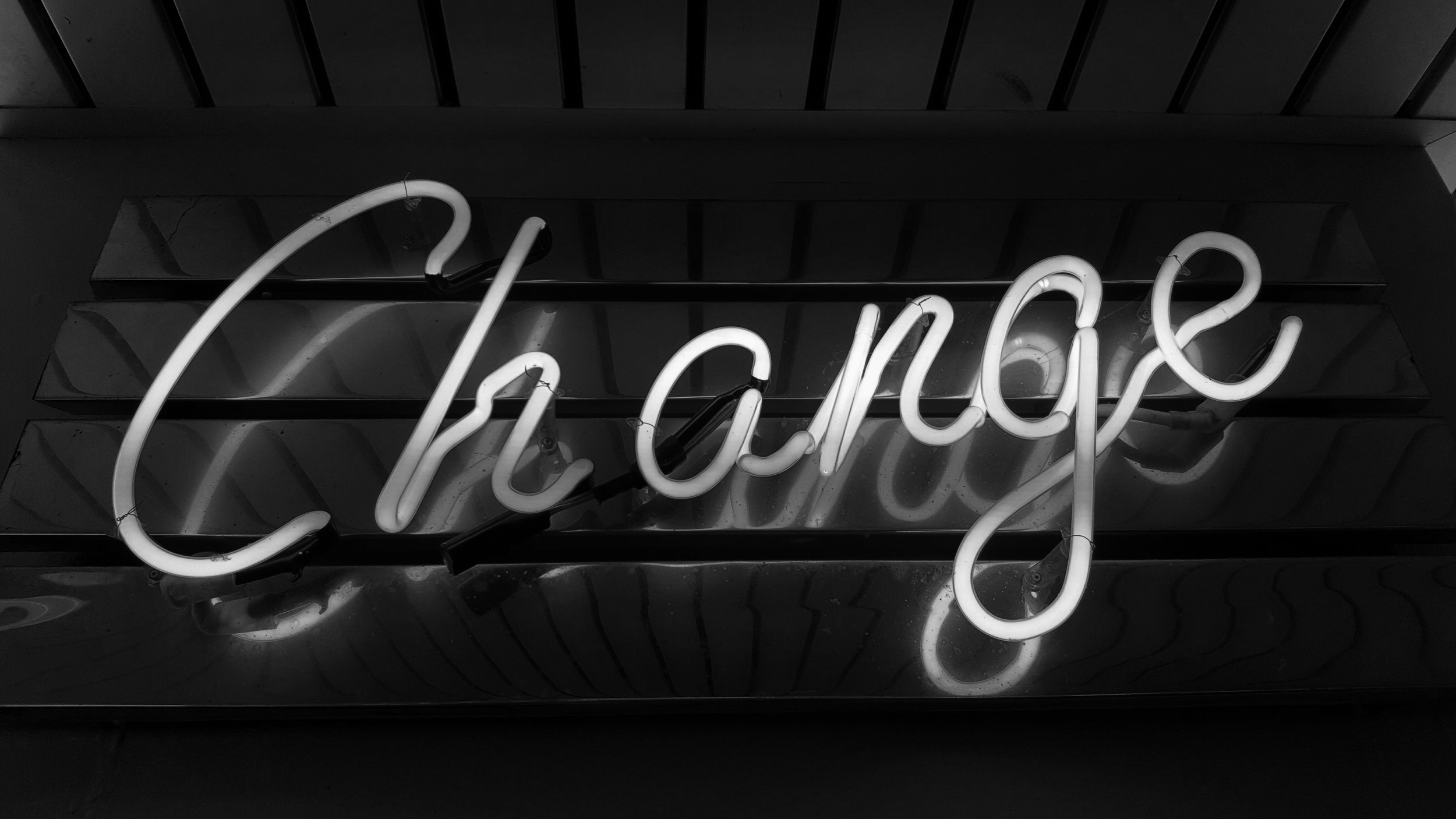Coronavirus and the Shared Emotional Experience
UNSEEN ZINE FEATURED GUEST WRITER
Trishala Khandheria, MA, MS
What are the factors that make group therapy successful? Why do people emerge from programs, such as Alcoholics Anonymous, feeling as if they are a changed person? When I start to think about these questions, I often refer to the concept of a shared emotional experience. If you have ever come into contact with a situation where another person’s emotions affected your own, you have been an active participant in a shared emotional experience. In fact, we are biologically hard-wired to have this experience through mirror neurons, which fire in accordance with another’s emotions and actions. A shared emotional experience can prove to be extremely powerful during a crisis—it enables solidarity and provides us with the feeling that we’re all in this together. In the time of coronavirus, the feeling that we’re all in this together is especially prominent, as people come out of the woodwork to volunteer their time and help others in unexpected ways. As I reflect on these ideas, it is evident that the current pandemic has impacted me on multiple levels, but of most importance, has shaped how I view the therapeutic process.
A shared emotional experience can prove to be extremely powerful during a crisis—it enables solidarity and provides us with the feeling that we’re all in this together. —Trishala Khandheria, MA, MS
Let me take you back to pre-pandemic times, when I was far more reluctant to remove my ‘therapist hat’ and disclose personal anecdotes to my patients. I can’t count the number of times patients would share stories that would tug at my heart strings, and undoubtedly, send my mirror neurons into a frenzy. In these moments, I had to be strong for my patients and address my feelings in a silent manner; in other words, it was hard for me to justify letting my patients know that what they said affected me on a more personal level. To say the least, the fight against coronavirus has changed this. Now more than ever, the ultimate form of self-disclosure has become a reality through telehealth—I am at the hands of the virus, and I have no choice but to remove my ‘therapist hat’ and allow patients to catch a glimpse into my home. For this very reason, telehealth initially made me feel incredibly uneasy, to the point where my thoughts would get the best of me. What do they think of me now that they can see into my home? Do they still view me as a professional? I thought. However, as time went by, I noticed myself adapting to this new normal, and these once bothersome thoughts were re-structured and transformed into an opportunity.
Towards the end of sessions, many of my patients would ask me about how I was doing given the circumstances of the pandemic, and I started to evaluate whether disclosing this personal information would benefit them. The answer? In most cases, a strong “Yes”.
—Trishala Khandheria, MA,MS
Towards the end of sessions, many of my patients would ask me about how I was doing given the circumstances of the pandemic, and I started to evaluate whether disclosing this personal information would benefit them. The answer? In most cases, a strong “Yes”. I felt confident in doing so by grounding myself in the concept of a shared emotional experience, but what provided me with more certainty, was seeing my patients’ reactions immediately after I self-disclosed; their faces displayed relief, or to put in lay terms “Phew!”. There was nothing more that needed to be said or done in those moments—taking the time to recognize that we’re all in this together was by its very nature therapeutic. Not only do I believe that this form of self- disclosure strengthens the therapeutic relationship, but it also humanizes me in a way that I never thought would be possible before the world went to battle with coronavirus. Indeed, the therapist is not always the expert in the room, but rather the patient is the expert in their own life, and the therapist is there to navigate the journey with them—this has never been more true. So, the question remains: In a post-pandemic world, will I continue to be more lenient with self-disclosure in an effort to encourage shared emotional experiences? Well, maybe it is the new normal.
ABOUT THE AUTHOR
Trishala Khandheria, MA, MS
I recently graduated with a MA in Marriage and Family Therapy from the University of San Diego. I am also in the process of completing my clinical year at UCSD Family Medicine in Integrated Behavioral Health, where I see a wide-range of patients with physical and mental health issues. I have a BA in Psychology from Georgetown University, as well as a MS in Medical Physiology from Case Western Reserve University, where I pursued a focused study in Clinical Neuroscience. During my spare time, I am either singing in a band, enjoying the great outdoors, or trying a new recipe.
Trishala Khandheria, Marriage and Family Therapist Trainee. Volunteering at UCSD Family Medicine in Integrated Behavioral Health. Supervised by Laura Sudano, PhD, LMFT #83949






